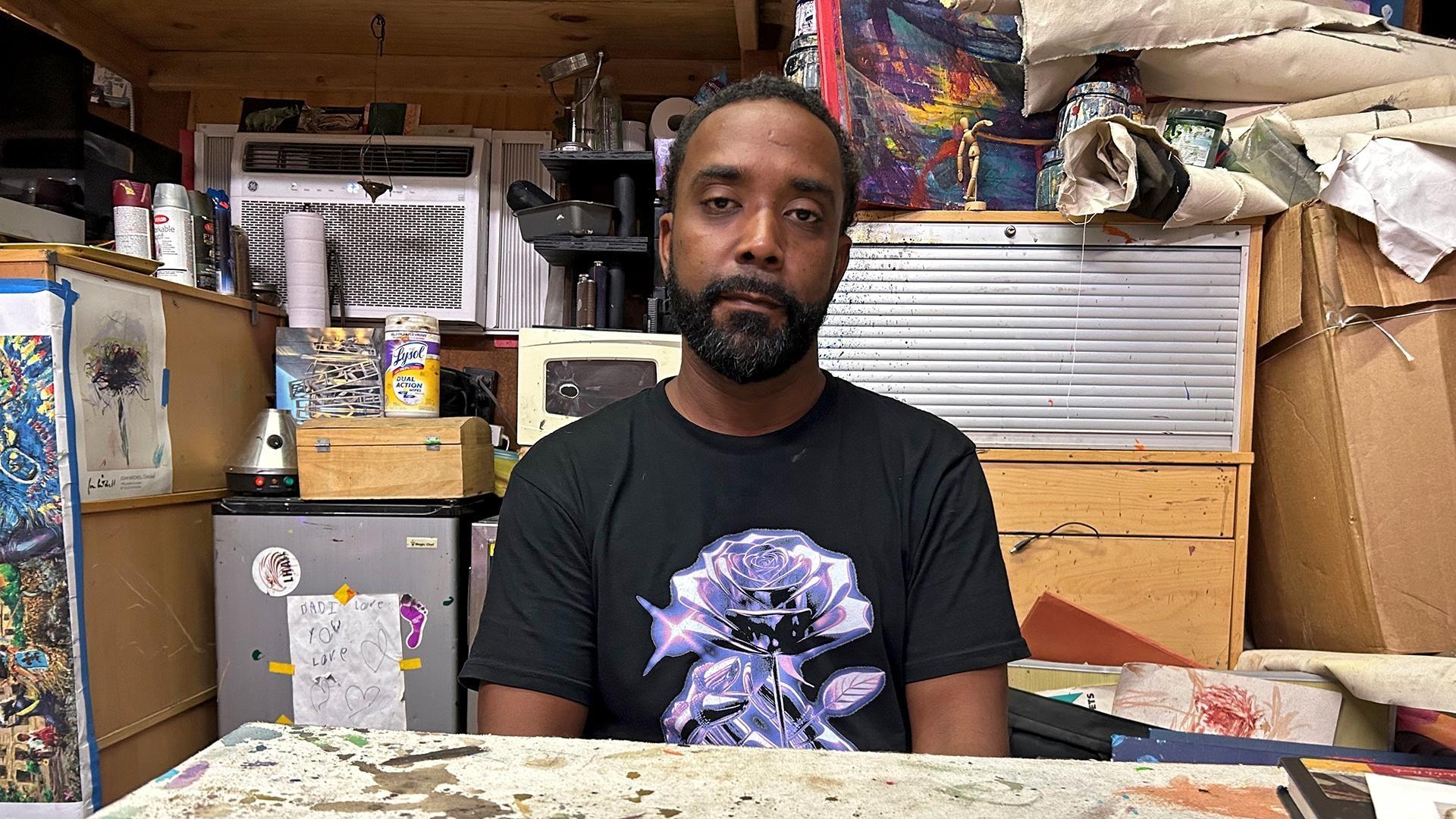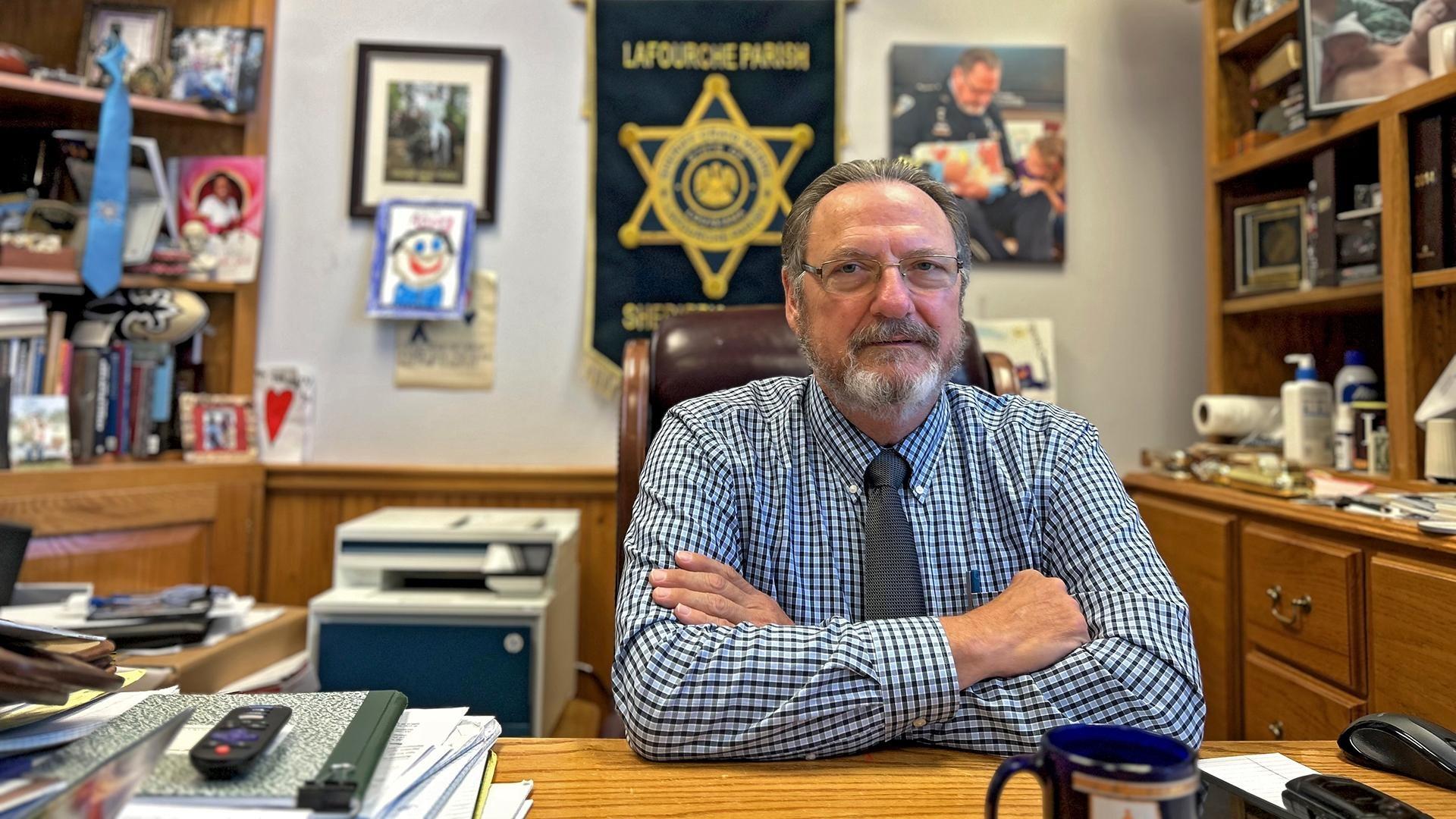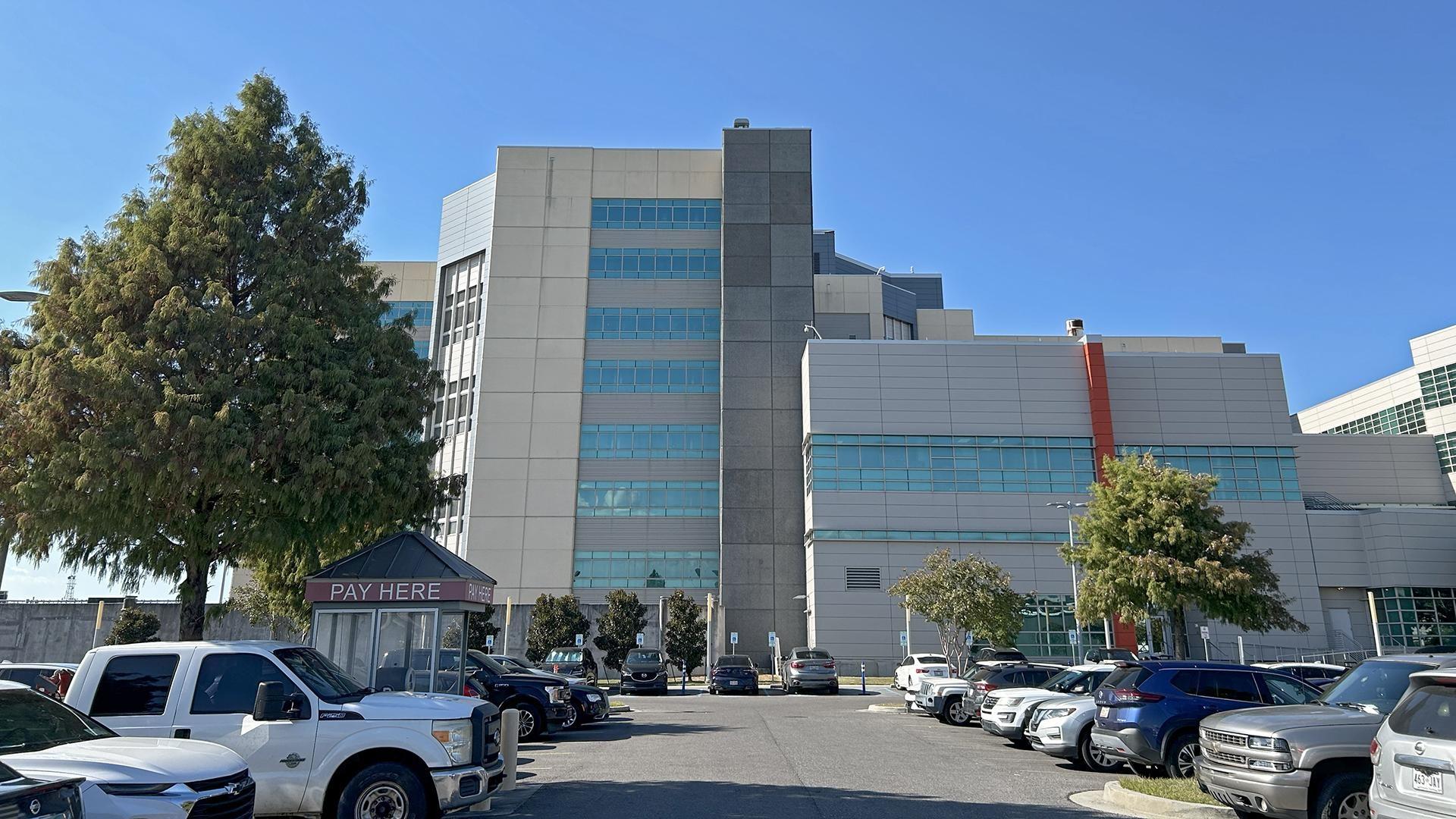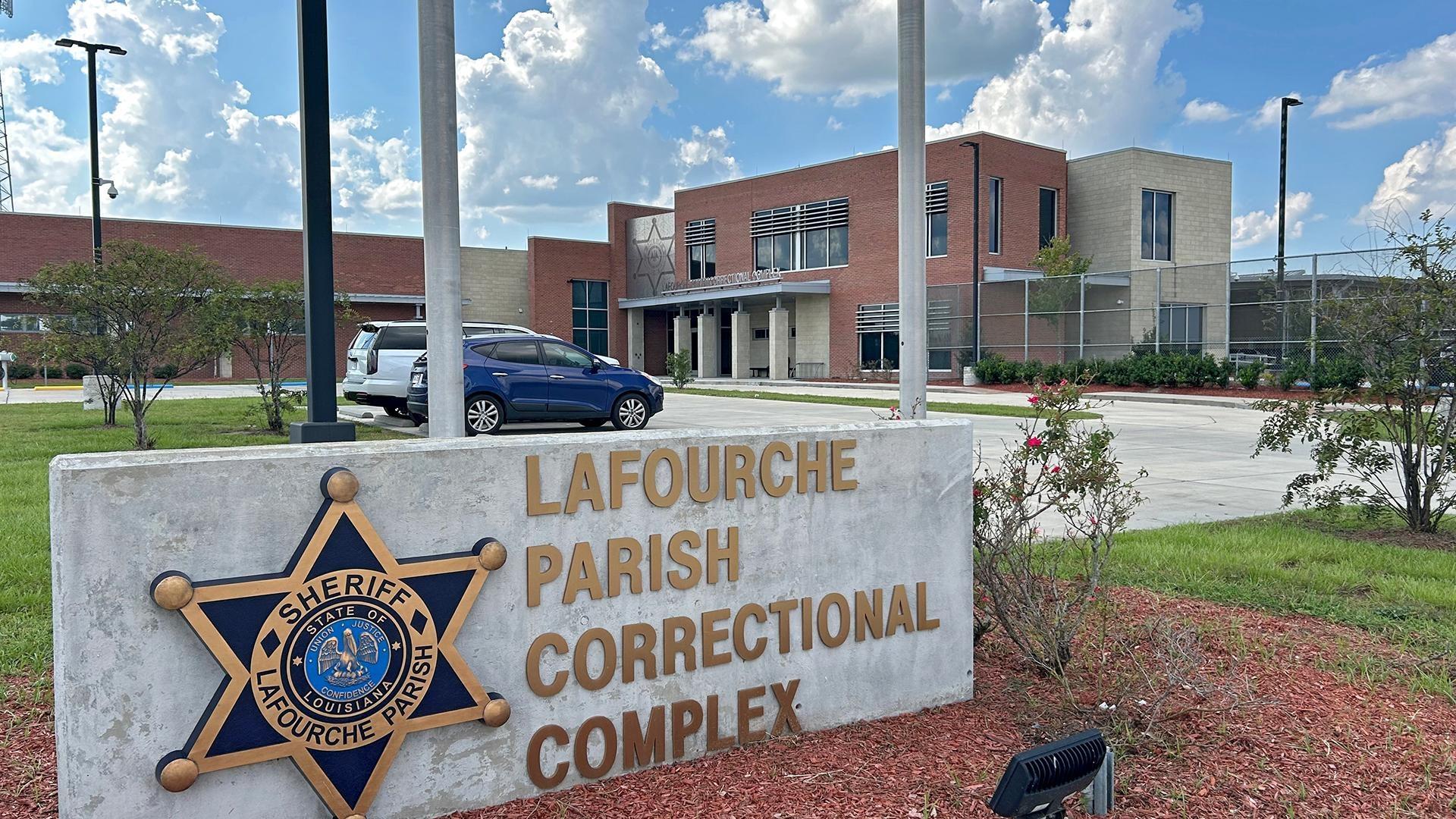As a mandatory evacuation was called in New Orleans, Nicholls was among thousands of people who remained in the parish's jail facilities back then, many of whom told advocates they endured desperate days without food or power.
The event adds to a dark catalog of crises during Hurricane Katrina and the levee failures. Two decades later, corrections officials and sheriffs describe a changed landscape from that time, with lessons learned as they face the complex task of hurricane planning for incarcerated people.
As climate-related weather events intensify, advocates warn that natural disasters pose even more of a threat to people in lockups. Experts who have studied jails and prisons and disasters say improvements could be made to shore up the field's management of these emergencies, which sometimes show a hodgepodge of plans.
"Especially at the county level with county jails, there's no standard response or preparedness," said Carl Dement, an assistant professor with the University of Central Oklahoma who has studied carceral evacuations, including on the Gulf Coast.
"It's pretty much spread out — almost as many different plans as there are jails."
At least 6,000 people were thought to have been in the Orleans jail complex during Katrina, including women and children, according to a more than 140-page ACLU National Prison Project report published with partner groups in 2006.
That report drew on information received from more than 1,300 evacuees, including interviews with incarcerated people, deputies and family members. It found the Orleans facility had little planning in place for people in custody during a storm, said David Fathi, now the director of the ACLU's National Prison Project.
"When the hurricane did strike, these mostly Black and brown and impoverished people were simply treated as expendable," Fathi — who was not deeply involved with the report, but was with the National Prison Project at the time — said.
The administration at the time denied many accounts of conditions inside the jail after the storm made landfall, including dismissing them as "fiction," according to contemporaneousnews articles, including those cited by the report.
Those locked up included Nancy Mayer's son, Raphael Schwarz, who was arrested during the evening of Midsummer Mardi Gras for public drunkenness a couple of days before Katrina. As the storm made landfall, she said he woke up in a jail dayroom, the water rising.
"The water was like, five inches. He said he had taken off his shoes and slacks, and they were floating away," Mayer said of her son, who died a couple of years ago. (Schwarz spoke to her about his experiences, she read his journals and he also spoke to the ACLU.)
Schwarz was crammed into a small cell with several other people, and he thought he'd been left to die, according to his mother and his writings.
"I really and truly know what it is like to be stuffed in a box with my own kind and left to rot. The prisoners of Katrina were left sleeping head to foot in a tin can of sewage and filth without air, food or water," Mayer read aloud from Schwarz's journal.
Major Silas Phipps Jr. with the Orleans Parish Sheriff's Office said the legacy of what happened during Katrina goes beyond the agency.
"I don't think there's anyone in the city that thought we would not survive Katrina and then have to deal with the entire city flooding," he said in an interview before the start of this year's hurricane season. "So Katrina has taught us to plan for the worst possible scenario and work back from there."
He acknowledged that rapid intensification of storms will create new headaches, both for the sheriff's office and the state — but that's matched by improved forecasting from the National Weather Service.
Some advocates have criticized the response following more recent Louisiana storms.
Colin Reingold, formerly of The Promise of Justice Initiative, said that group fielded calls from people who couldn't find their jailed loved ones or reported problems with heat and power after Hurricane Ida. (The state Department of Public Safety & Corrections disputed some reports of issues at the time.)
"It's always going to be a challenge in a state that's so addicted to incarceration, and where every facility is almost always full," he said.








